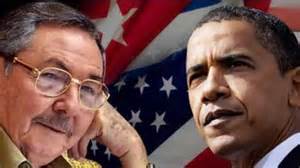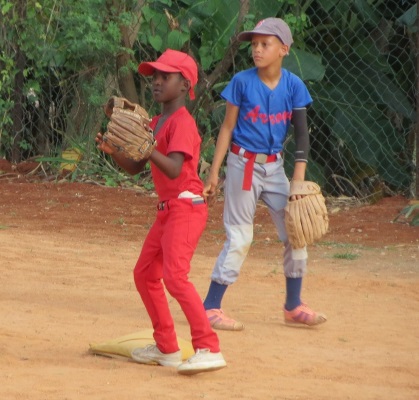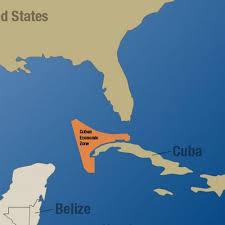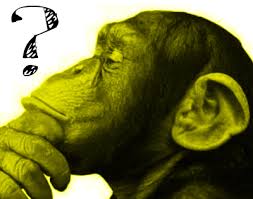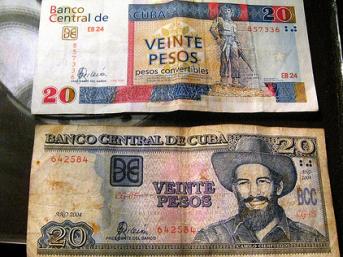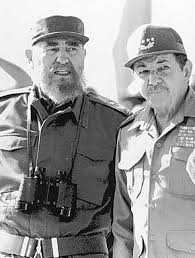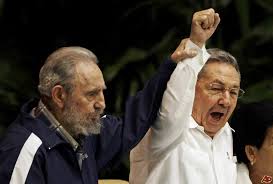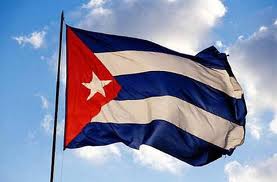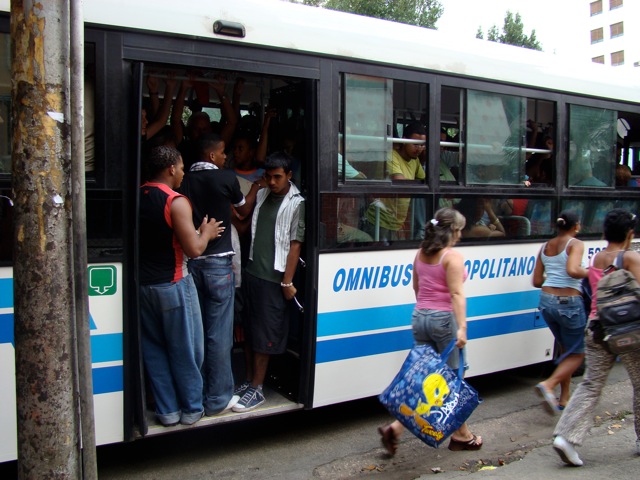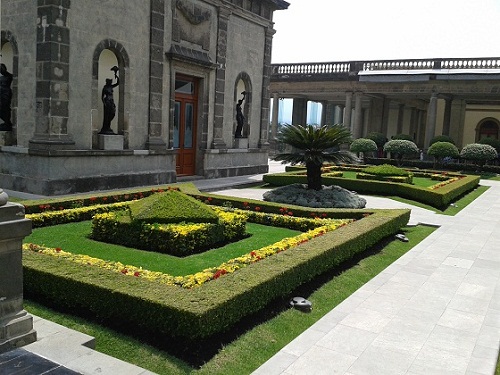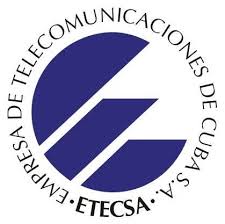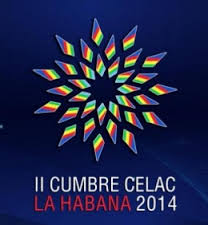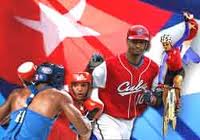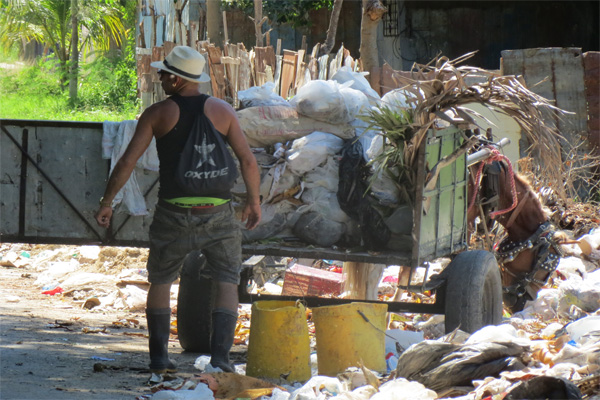
Anddy Sierra, Havana, Cuba, 30 April 2016 — The battle by Lumumba residents against the dumping of solid waste in the neighborhood is all but lost. The garbage dump, established three years ago, is bigger today and includes debris from roadwork done in the area.
According to residents, there were initially only twenty meters of trash, but today it covers more than a hundred. Local residents point to Comunales, the company in charge of collecting the solid waste, as the main cause for what is happening. continue reading
“They blame us for creating this dump but it’s not our fault. In this borough (Arroyo Naranjo) it’s Comunales; they are the ones responsible for all the waste here,” said Amelia Corrales, a resident of Lumumba.
“The problem is that we are black and that makes us scapegoats,” notes Yaima Lombillo, a resident of a neighborhood that is predominately dark-skinned. We either have to put up with it or set the trash ablaze to get the firemen to come, as happened three months ago.”
Enrique Peña, a worker at the local headquarters of the company, says that every three months they pick up all the refuse. “We come with a six-person brigade, two trucks and a bulldozer to collect the debris left there by residents. It takes us three hours and in the end everything is clean,” he said. Pity.
He continues, “We don’t throw our trash there but neither do we make sure that some of our workers aren’t dumping garbage there instead of going someplace further away.”
But the problem is that residents do see company workers dumping their trash.
“I passed there three times yesterday and there was a worker throwing garbage there instead of picking it up. When I returned, there was another one doing the same thing. We will continue living in filth and breeding more Aedes aegypti mosquitoes [carriers of dengue fever and the zika virus],” said Miguel Borroto, an area resident.
Local authorities have not responded to the problem. Attempts were made to speak to the local representative but he refused to discuss it. “I am very busy and am not going to my waste time talking to you,” said Alejandro, the area’s representative, when I asked him about the Lumumba dump.
Residents will have to make due with Comunales’ three-month schedule for cleaning an area which apparently its own employees are trashing. “I am not expecting much,” says Yaima Lombillo, “so I am going to set fire to it all and see what happens.”

